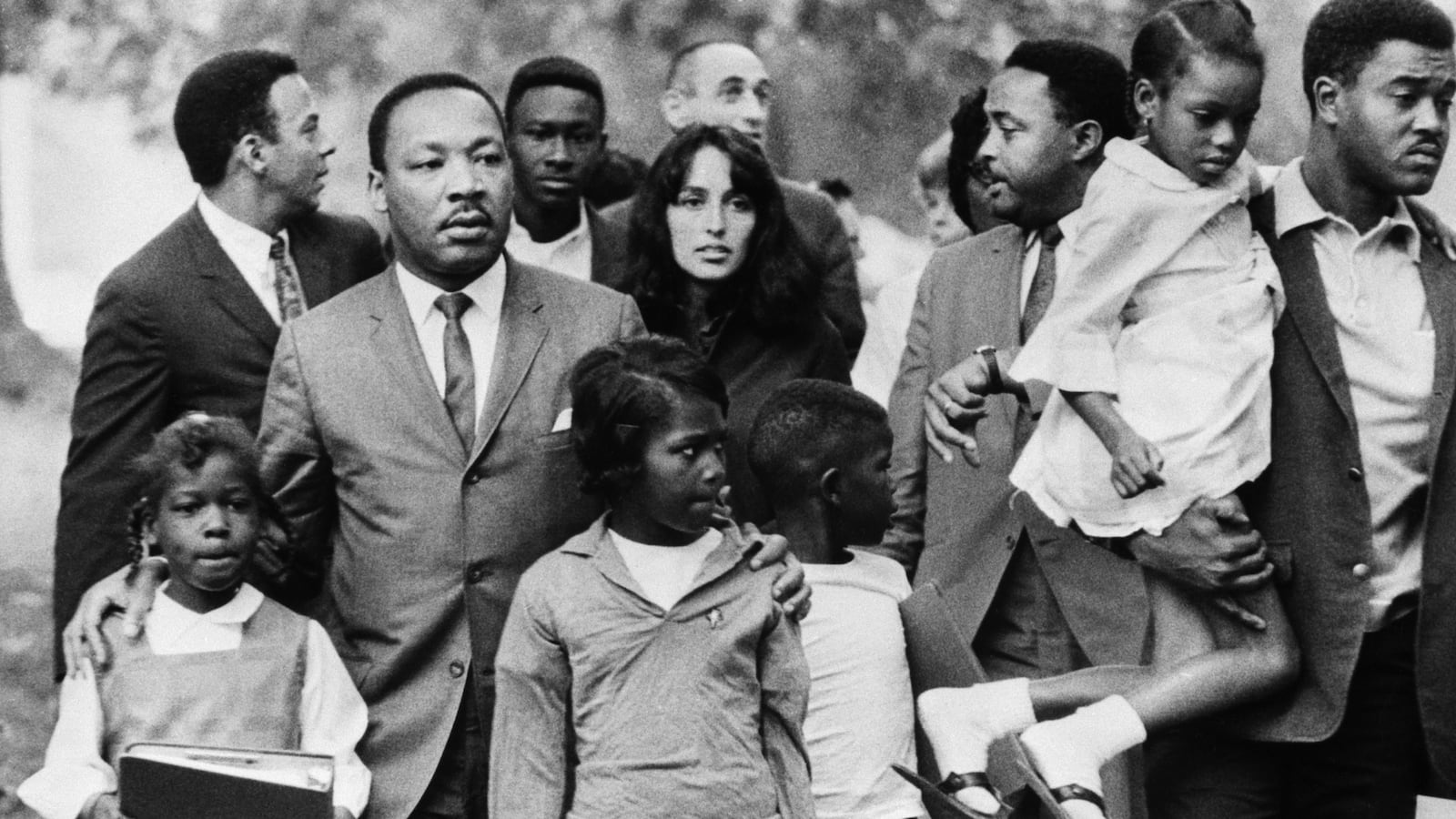Among his many roles, Rev. Dr. Martin Luther King, Jr. was an educator. Though his most famous messages came from the pulpit and the podium, King also briefly led in the classroom and often spoke on education. He taught a social philosophy course at his alma mater, Morehouse College in Atlanta in 1962, filling his lectures with references to Plato and Rousseau. As a 15-year-old in 1944, he worked on a Connecticut tobacco plantation and the future preacher boasted to his parents in a letter that he was head of the religious department and led study sessions for his fellow workers.
King, who was assassinated in Memphis in 1968, thought and cared deeply about the role of education in social justice. In one of his most famous writings on the subject, ‘The Purpose of Education,’ the young Morehouse student wrote, “The most dangerous criminal may be the man gifted with reason, but with no morals.”
He added, “We are prone to let our mental life become invaded by legions of half truths, prejudices, and propaganda. At this point, I often wonder whether or not education is fulfilling its purpose.”
As we reflect on the King holiday and national day of service, we asked some readers to share their thoughts on King’s early perspective on education and if education in 2022 is fulfilling its purpose. Here are some of their reflections. The responses have been lightly edited for length and clarity.
Intimidating teachers hinders critical thinking instruction
Dr. King lived in a much simpler time in terms of information dissemination. Newspersons were trained and experienced professionals, and the information they reported was carefully vetted by editors. To be sure there were still plenty of “half truths, prejudices, and propaganda” out there, but at least there were reliable and trusted fact checkers in the Walter Cronkites and James Restons who the average person could turn to on the evening news or in their local daily newspaper.
Dr. King could not have predicted the cesspool of internet misinformation that has gradually come to supplant mainstream media as many people’s primary source of news and information. Which brings us to the schools. Given this proliferation of information sources, it is more important than ever for our schools to help students develop news literacy: critical reading and thinking skills so that they can seek out and better delineate what is true and not.
Our schools are only beginning to take critical thinking seriously, and they are going to have to be much more intentional about it at a moment when accusations of teaching things like Critical Race Theory are intimidating our social studies teachers. Cultivating critical thinkers in this environment will be a bigger challenge than ever before, but it must begin in the schools if we hope to have a functioning society.
— Marcus Pohlmann, professor emeritus of political science at Rhodes College, father and grandfather, Highlands Ranch, Colorado
More resources and freedom are needed to fulfill the purpose of education
I agree with Dr. King’s purpose of education but in 2022, I would say that education is limited in fulfilling that purpose. In my experience, education seems to increasingly have become a rote task instead of an act that has the potential to transform lives, communities, and society as a whole. Not only that, schools — the main thoroughfare to education — are battling to acquire the resources needed for a more well-rounded education.
— Aaron Youngblood, teacher MLK College Prep High School, Memphis
Social-emotional skills help students learn critical thinking
King was accurate in his assessment about education allowing for “effective” thinking. Once students become ardent critical thinkers, it is then that education has fulfilled its purpose.
Not all students think, feel, or learn the same, yet educators are steadily plying them with more of the same status quo “best practices”. Students are more than their academic abilities. They are creative and emotional beings.
Critical thinking gives them the power to catalyze their truest and most authentic selves. Education must drive the components of social emotional learning that undergird academic learning. It is then and only then that education can fulfill its purpose of preparing students to change the world and make it more humane.
— Abidemi Kayode, teacher and grandfather, Memphis
Education has not fulfilled its purpose for Black children
Unfortunately, Dr. King’s words ring true at this moment in time. The Memphis Lift believes in telling the truth. Tragically, Tennessee legislators have lessened the value of education even more with their policies. Education has not fulfilled its purpose for Black children in Memphis, Tennessee, or the country. When too few Black and Brown children are reading on grade level in this country, we can no longer treat learning loss as a simple political statement. This is a reality for so many, and it’s time we finally see the change Dr. King called for decades ago.
— The Memphis Lift, education advocates
Education is headed in the right direction
With the recent research and implementation around social-emotional learning and Adverse Childhood Experiences, we are headed in the right direction. I believe Dr. King would be pleased at the commitment to educate and nurture the whole child.
— Chiquita Perry, principal MLK College Prep High School, Memphis

